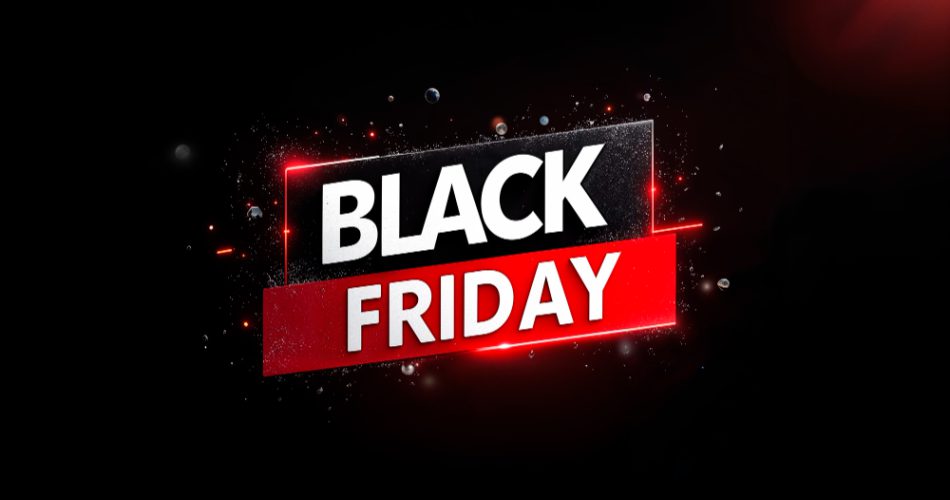Black Friday is regarded as one of the biggest shopping events of the year, marked by amazing deals and irresistible discounts that kick off the holiday season.
However, what if I told you that the origin of this retail event has nothing to do with sales, profits, or even cheerful shoppers? Have you ever wondered why it is called BLACK FRIDAY?
Or why the US holiday tradition turned into a global shopping ritual, one that is now just as big in Nigeria as it is in New York or London.
Where “Black Friday” Really Came From
Black Friday didn’t just start out meaning discounts and excitement. In fact, it originally had nothing to do with shopping. The earliest use dates back to the 1860s, when two Wall Street financiers caused a financial crash by trying to corner the gold market. The chaos that followed was called the “Black Friday” panic.
Fast forward to the 1960s, and Philadelphia police officers began using “Black Friday” to describe the massive post-Thanksgiving traffic jams and chaos caused by suburban shoppers rushing into the city for holiday sales. So yes, the term started as a complaint, not a celebration!
How Retailers Flipped the Narrative
By the 1980s, retailers saw an opportunity. They reinvented “Black Friday” as something positive, the day stores went from “in the red” (operating at a loss) to “in the black” (turning a profit). It became the official start of the holiday shopping season.
Big brands rolled out massive sales. Shoppers lined up at dawn. News outlets covered the frenzy. And just like that, a once-chaotic day became a global retail tradition, one driven by excitement and urgency.
From the U.S. to the world, and then to Nigeria
Thanks to globalisation and the rise of e-commerce, Black Friday quickly went international. Platforms like Amazon and AliExpress made it possible for shoppers anywhere to join the sale season. Soon, local markets followed, including right here in Nigeria.
By the 2010s, Jumia, Konga, and Slot began running their own Black Friday campaigns, offering major discounts on phones, fashion, electronics, and more. Today, Black Friday in Nigeria isn’t just another marketing gimmick, it’s a national shopping moment that consumers plan for months in advance. For small businesses, this global trend opened the door to compete on a bigger stage, especially online.
Why It’s Such a Big Deal Today
So, what keeps Black Friday going strong decades later? It’s not just about price cuts, it’s about psychology.
- Scarcity: “Limited-time” deals make customers act fast.
- Anticipation: People love looking forward to something big.
- Social Proof: Everyone’s talking about it, so no one wants to miss out.
Even in Nigeria, shoppers now mark their calendars weeks ahead. For businesses, that means it’s the perfect storm for visibility, engagement, and conversion.
What Small Businesses Can Learn
Understanding the origin of Black Friday is a marketing lesson. What started as confusion and chaos turned into a brand masterclass:
Reframe the narrative. Build anticipation. Deliver value. If you run a business, you don’t need to be a multinational to win during Black Friday.
With the right website, storytelling, and strategy, you can tap into the same excitement on your own scale. And that’s where Kwikaweb comes in. We help small Nigerian brands create digital experiences that sell, fast, smart, and beautifully.
Whether you see Black Friday as an exciting opportunity for deals or a symbol of excessive consumerism, there’s no denying its cultural impact. The day has fundamentally changed how we shop, how retailers compete, and how the holiday season begins, all while shedding its surprisingly dark origins.
